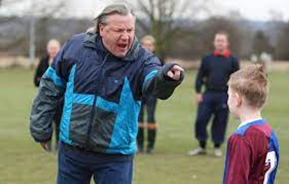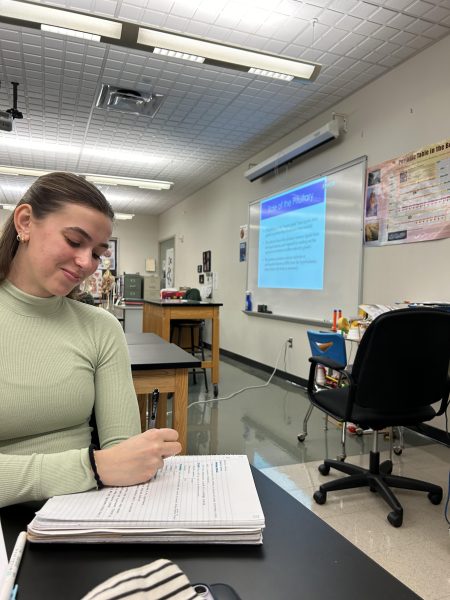The Dirt in Youth Sports
An 8-year-old boy steps up to the plate for the first time in his life. This is his first year of little league baseball, and he is so excited to be on a team with all of his friends. He gets ready for the pitch, but all he hears is his parents yelling from the stands. It shakes his concentration, so he doesn’t swing; this just makes it worse, so they shout even louder. After two more strikes, he walks back to the dugout demoralized and embarrassed by his parents yelling at him for striking out. He realizes baseball just isn’t for him, so he thinks of quitting. This was supposed to be a happy memory, but it was ruined by the parents’ actions which put unnecessary pressure on the boy.

According to a poll done by the National Alliance for Youth Sports (NAYS), 40 million kids play youth sports each year, but 70 percent quit when they get to 13 years old. NAYS reports that the biggest reason so many kids are quitting is due to pressure from their parents.
Fans of professional sports have normalized heckling and criticizing players, and these actions are seeping through to youth sports. Micheal Atkinson, associate professor in the faculty of physical education and health at the University of Toronto, explains, “the cause of especially violent outbursts by parents in and around sports fields is our increased exposure to violence in professional sports.” The difference between youth sports and professional sports needs to be clear. When the competitiveness and the brutal desire to win in professional sports are merged into youth sports, youth sports lose their meaning.
Some may argue that the role of a parent is to push their child to help them succeed, but it might be wise to know your child’s limits. NAYS offers the Parents Association of Youth Sports (PAYS) program. It is a training program for parents where they attend 30-minute clinics to view training videos, participate in discussions, and sign the parents’ code of ethics pledge. The main goal of the PAYS program is to prevent incidents from happening in the first place through a harm-reduction educational approach.
Although sports are a compelling way to get your child a scholarship to a college, pressure, and emphasis on winning are the main reasons kids quit playing sports. To improve youth sports, let the kids develop a love for the game and not force them to compete. Also, although your athlete may not have played a good game, don’t criticize them for it. Failure is a valuable life lesson in the real world, and the most successful people in life are willing to fail. Finally, saying something as simple as “I love watching you play” will motivate and give your child a reason to play.
https://issues.abc-clio.com/Search/Display/1822868?terms=parental+misconduct&sTypeId=2
https://www.ncaa.org/about/resources/research/probability-competing-beyond-high-school
Gabe Daubert, Grade 12. Hobbies include running and golf. Gabe plans on attending either Penn State to study mechanical engineering and do ROTC or attend...









